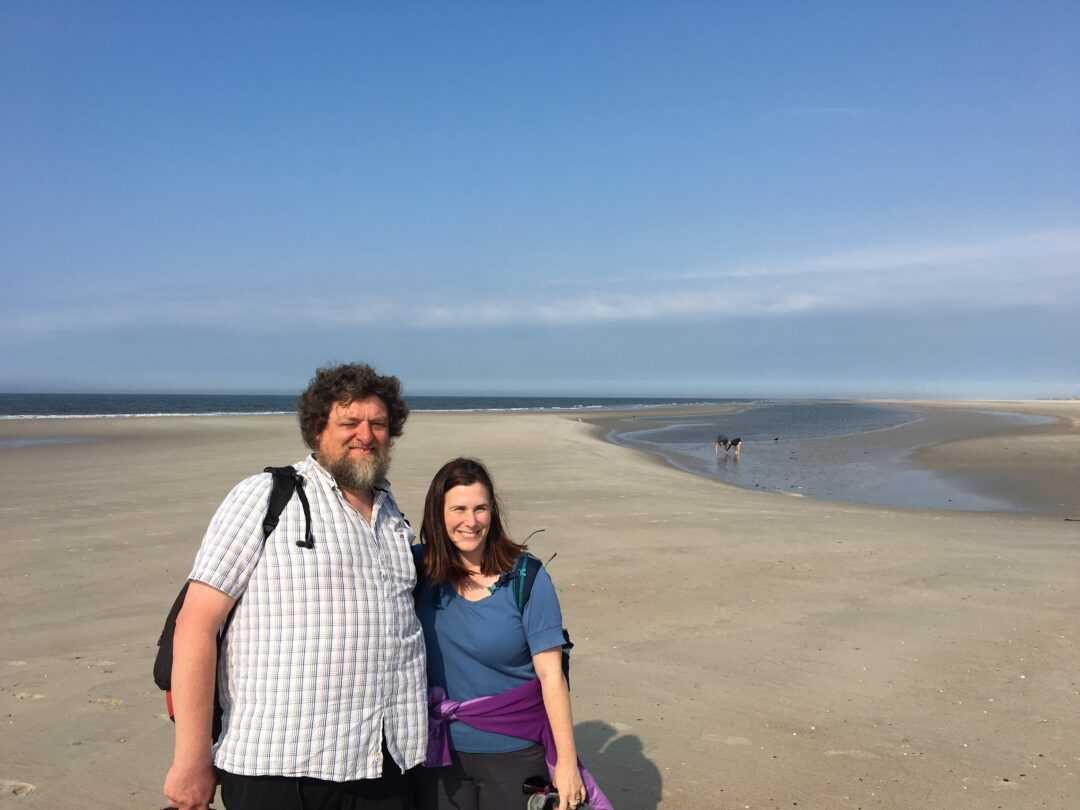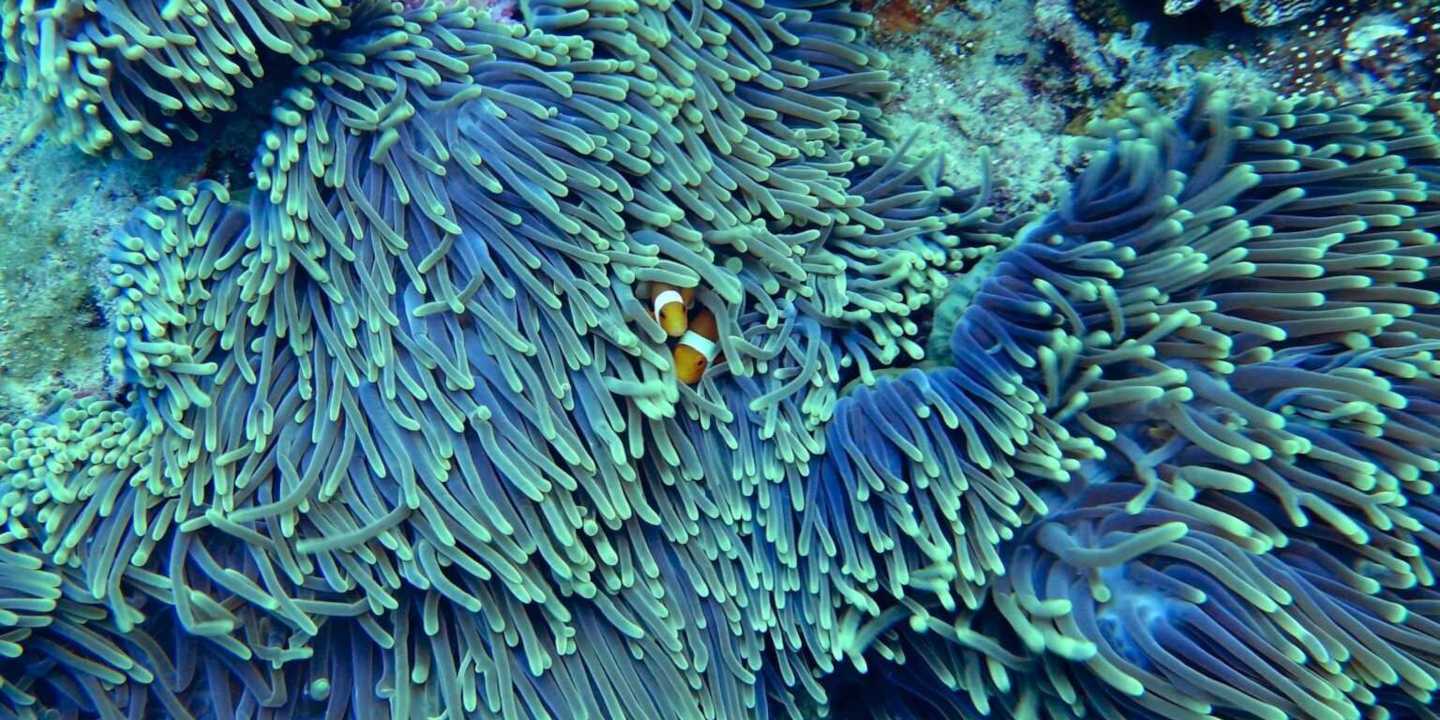Integrative Research Perspectives on Marine Conservation
Marine conservation research is at a watershed moment. Human activities are impacting coastal and ocean ecosystems to a greater degree and at faster rates than ever before in human history. Understanding these impacts and developing effective marine conservation strategies to address them requires leveraging all the tools of ecology as well as other natural and social science disciplines. Observation, experiments, models, meta-analysis and other synthetic approaches, as well as interdisciplinary forms of inquiry, are essential.
Joined Forces at 2nd Symposium on Functional Marine Biodiversity
To join forces and discuss state of the art marine conservation researchers from around the world gathered in Oldenburg in June 2019, as part of the 2nd Symposium on Functional Marine Biodiversity hosted by the Helmholtz Institute for Functional Marine Biodiversity at the University of Oldenburg (HIMFB) (See Newsletter #1/2019 for a report of the meeting).
There were many outstanding results of this symposium, including the new Theme Issue in Philosophical Transactions of the Royal Society B: ‘Integrative research perspectives on marine conservation.’ Compiled and edited by Helmut Hillebrand, Ute Jacob and Heather Leslie, the Theme Issue brought together 60 authors working in 12 countries. The Theme issue focuses on the knowledge and scientific tools needed to ensure a better future for ocean ecosystems and the many species, including humans, that depend on our marine world.

How to Contribute to Marine Conservation
The Introduction and 16 Articles in the Theme Issue showcase the diversity of methods marine conservation scientists are using around the globe to understand coastal and ocean ecosystem dynamics. They illuminate not only the complexity of these highly valued and threatened natural systems, but also the diverse ways that people – as part of coastal and marine ecological systems – can contribute to their conservation, restoration and sustainability.
We have organized the theme issue into four sections that reflect areas of future scientific development, in the first section, entitled ‘From data to information’, novel approaches and advances in assessing marine biodiversity trends are presented.
The second section ‘From traits to function’ asks how changes in temporal and spatial biodiversity pattern affect the processes characterizing marine ecosystems. The third section ‘From theory to prediction,’ where we feature different types of modelling approaches and predictive frameworks underpins the ideas and perspectives presented in section one and two. In the final section ‘Nature and people’, we approach marine conservation as a socio-ecological management issue.
Protect Both Biodiversity and Ecosystem Services
The theme issue provides an unprecedented effort to address a fundamental problem: How do we manage marine ecosystems to protect both biodiversity and the ecosystem services on which society relies? A major societal challenge of the current century is to ensure a sustainable provision of essential ecosystem services or nature contributions to people which are compromised by a growing population and unprecedented rates of biodiversity loss. We need to ‘bend the curve’ of marine biodiversity loss to ensure
human well-being and healthy oceans, which are highly interconnected, you can’t have one without the other – so please have a read!
The editors
Helmut Hillebrand, Plankton Ecologist and Director of HIFMB
Ute Jacob, Marine Ecologist and responsible for science-policy interface at HIFMB
Heather M. Leslie, Director of the Darling Marine Center and Associate Professor at the School of Marine Sciences, University of Maine
Connect to Marine Conservation
Theme Issue: https://royalsocietypublishing.org/toc/rstb/2020/375/1814
Twitter: @HIFMB_OL, @RSocPublishing, #PhilTransB
HIFMB contributions to Philosophical Transactions of the Royal Society B: ‘Integrative research perspectives on marine conservation.
Rishworth, G.M., Adams, J.B., Bird, M.S., Carrasco, N.K., Dänhardt, A., Dannheim, J., Lemley, D.A., Pistorius, P.A., Scheiffarth, G. and Hillebrand, H. (2020). Cross-continental analysis of coastal biodiversity change. Philosophical Transactions of the Royal Society B, 375(1814), 20190452.
Link: https://doi.org/10.1098/rstb.2019.0452
Laakmann, S., Blanco-Bercial, L. and Cornils, A. (2020). The crossover from microscopy to genes in marine diversity: from species to assemblages in marine pelagic copepods. Philosophical Transactions of the Royal Society B, 375(1814), 20190446.
Link: https://doi.org/10.1098/rstb.2019.0446
Peters, K., 2020. The territories of governance: unpacking the ontologies and geophilosophies of fixed to flexible ocean management, and beyond. Philosophical Transactions of the Royal Society B, 375(1814), 20190458.
Link: https://doi.org/10.1098/rstb.2019.0458
Jacob, U., Beckerman, A., Antonijevic, M., Dee, L.E., Eklöf, A., Possingham, H.P., Thompson, R., Webb, T.J. and Halpern, B.S. (2020). Marine conservation: towards a multi-layered network approach. Philosophical Transactions of the Royal Society B, 375(1814), 20190459.
Link: https://doi.org/10.1098/rstb.2019.0459
